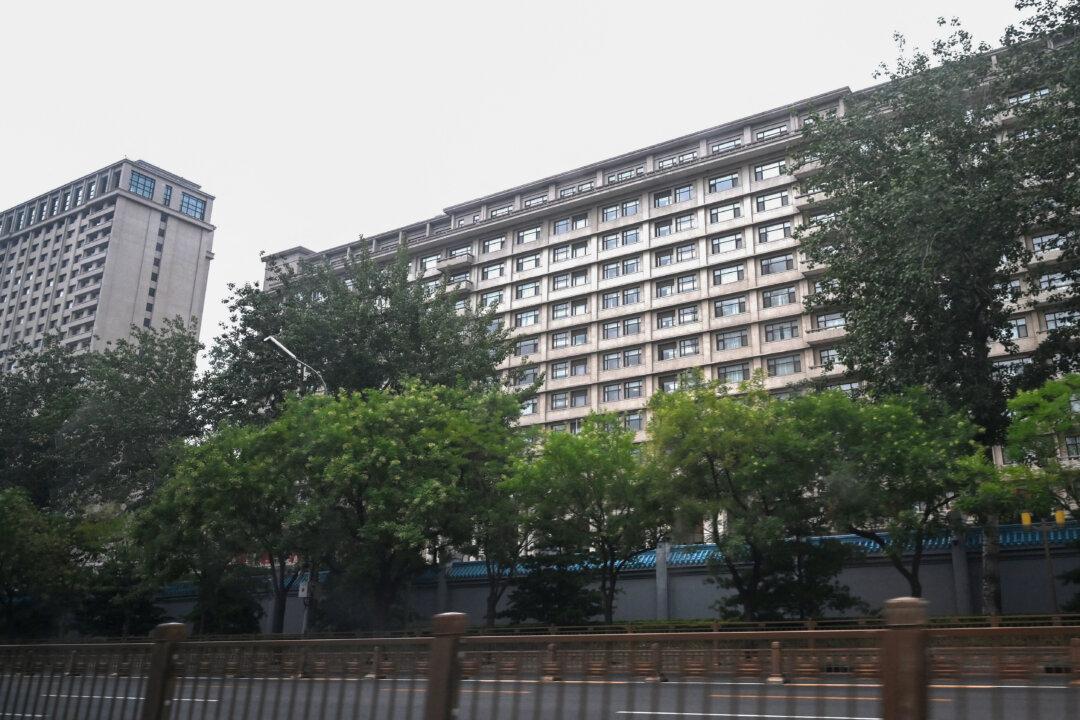Commentary
For a week in mid-July, the Third Plenum of the Chinese Communist Party’s 20th Central Committee debated the country’s future.

For a week in mid-July, the Third Plenum of the Chinese Communist Party’s 20th Central Committee debated the country’s future.